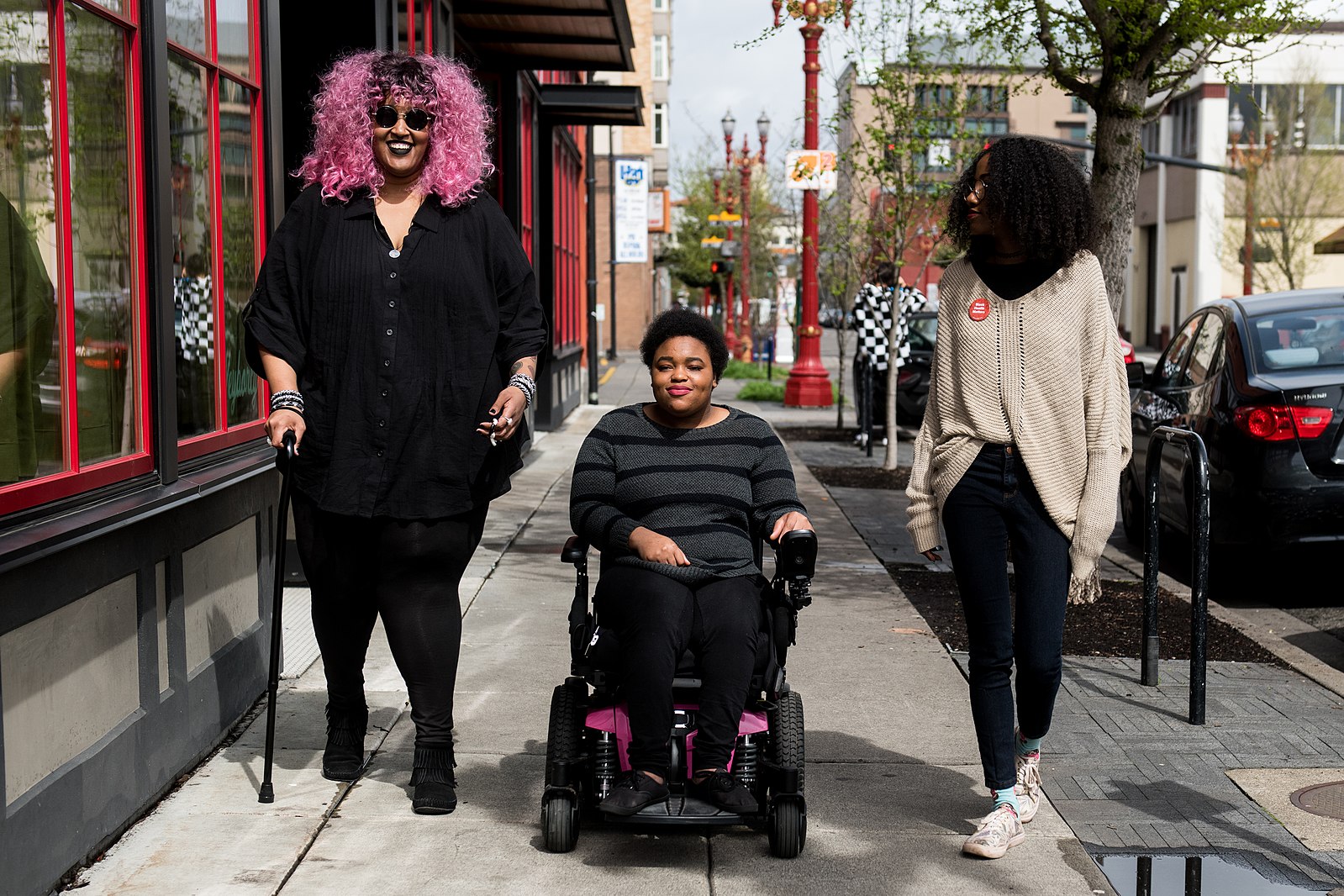Aggregated News

As I’ve continued to think more about the phenomenon of “disability,” I am compelled to rethink “ableism” beyond a hegemonic system that specifically applies to those who are deemed disabled. In other words, I have begun to rethink how ableism is broader in scope and how it undergirds other forms of oppression.
In this engaging interview, Talila A. Lewis argues that ableism has deep implications for every other marginalized identity. In short, ableism, according to Lewis, is at the root of other powerful hegemonic sites — from race and class to colonialism and nationality. In this way, they uncover the ways in which ableism insidiously operates across space and time. As an abolitionist community lawyer, educator and organizer, Lewis has focused on abolishing the medical-carceral-industrial complex and highlighting the inextricable links between ableism, racism, classism, and all other forms of oppression and violence.
Lewis desired that I preface the beginning of this interview with their voice: “Before I begin, I want to note that I do not have a disability studies lens or lineage. The information I share is borne...



